
Demand for Integrated Law to Enhance Dalit Rights and Representation
Leaders from various political and social sectors are calling for the formulation and implementation of an integrated law aimed at advancing the economic, political, social, educational, and employment status of the Dalit community. The push for this comprehensive legislation comes in response to the persistent marginalization of Dalits, who remain at the bottom of the human development index and have minimal representation in state apparatus.
Context and Necessity
The current status of Dalits highlights significant disparities and discrimination, despite constitutional guarantees intended to foster an egalitarian society. The Constitution of Nepal mandates the establishment of an inclusive and participatory society, eliminating discrimination based on caste, class, region, language, religion, gender, and other forms of untouchability. However, the practical implementation of these provisions remains lacking.
Political and Social Advocacy
Chhabilal Bishwakarma, Secretary of the CPN (UML), has emphasized that integrating various legal instruments into a single, cohesive law would greatly enhance the effective implementation of Dalit rights. Such a law would not only clarify and consolidate existing provisions but also help overcome entrenched prejudices and improve public understanding of Dalit rights. Bishwakarma believes that a unified legal framework could challenge outdated Manuscript-based prejudices prevalent in South Asia and offer a robust platform for advancing Dalit status.
The underrepresentation of Dalits in the central committees of major political parties is a key issue. Data reveals that Dalits hold less than 10 percent of positions in the central committees of the three main political parties: CPN (UML) at 5.73 percent, Nepali Congress at 6.41 percent, and CPN (Maoist Centre) at 8.31 percent. This lack of representation underscores the need for systemic changes to ensure proportional inclusion.
Legal and Constitutional Provisions
Article 40 of the Constitution, which guarantees rights to Dalits, and Article 18, which ensures equality, are central to the call for an integrated law. These articles allow for special provisions to protect and empower Dalits, ensuring their right to participate in all state bodies based on proportional inclusion. The proposed integrated law aims to fully implement these constitutional guarantees by addressing existing gaps and barriers.
Calls for Comprehensive Reform
Jeevan Pariyar, Joint General Secretary of Nepali Congress, has advocated for an integrated law to improve Dalits’ rights across various domains, including political, economic, cultural, educational, and employment sectors. He also calls for provisions for free education with scholarships for Dalit students up to the higher education level.
Former Ambassador Padam Sundas suggests that the drafting of the integrated law should involve a thorough review of existing acts such as the Civil Service Act, Police Act, Armed Police Force Act, Nepal Army Act, Nepal Special Service Act, Health Service Act, Education Act, and Foreign Employment Act. This review would ensure that all relevant legislation aligns with the new integrated law’s objectives.
Next Steps
The demand for an integrated law includes extensive consultations among members of the House of Representatives, National Assembly, thematic and legal experts, and political parties. The aim is to prepare a preliminary draft of the proposed bill that addresses the diverse needs and rights of the Dalit community comprehensively.
In conclusion, the call for an integrated law reflects a broader commitment to achieving true equality and justice for the Dalit community. By addressing historical injustices and ensuring effective implementation of constitutional provisions, the proposed legislation seeks to create a more inclusive and equitable society.
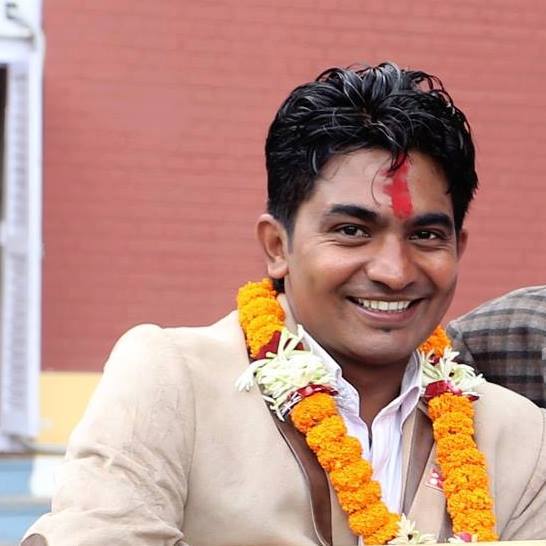
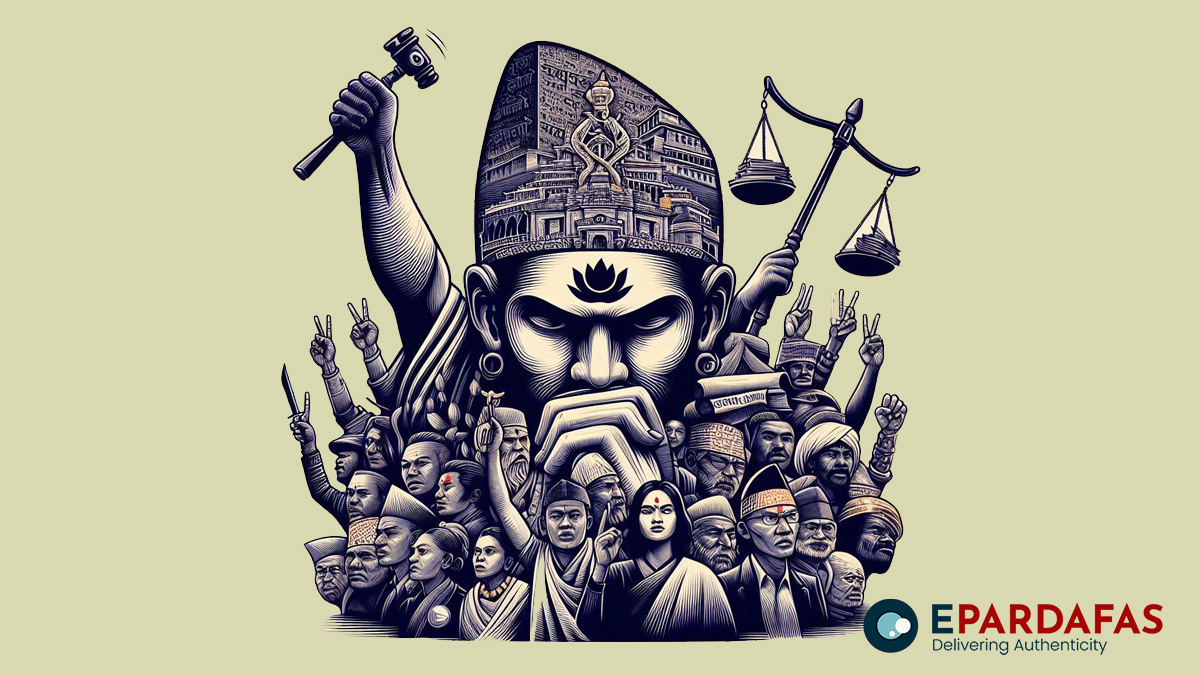
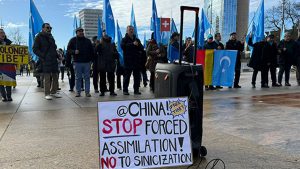
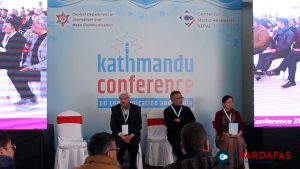
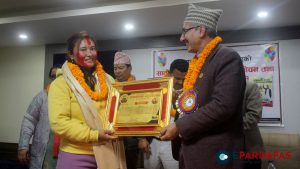

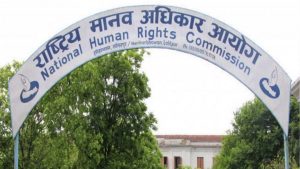






Comments